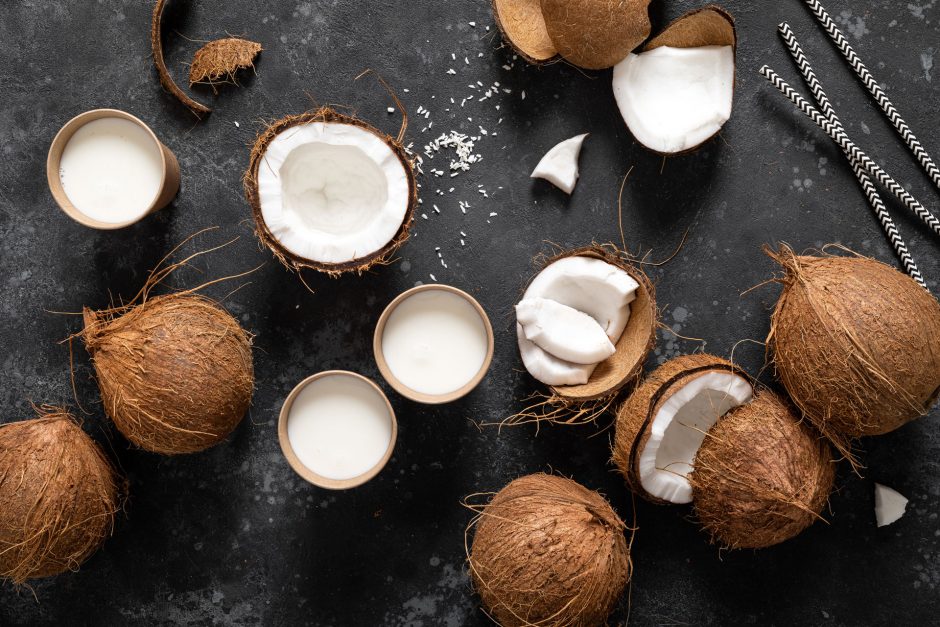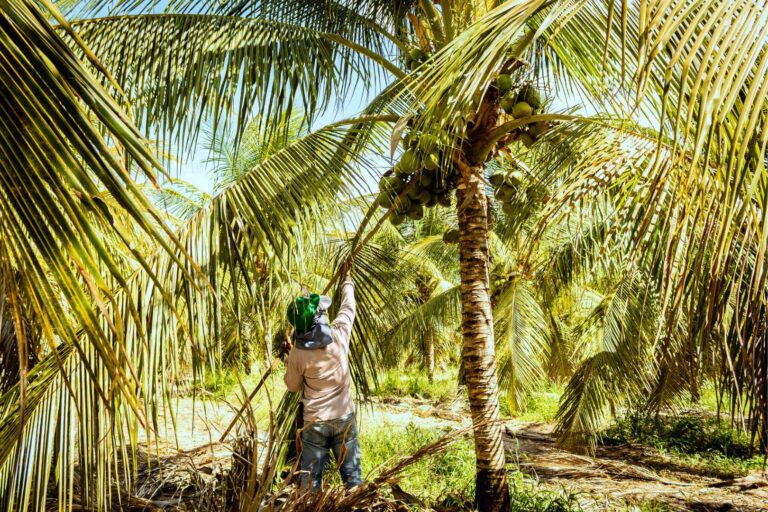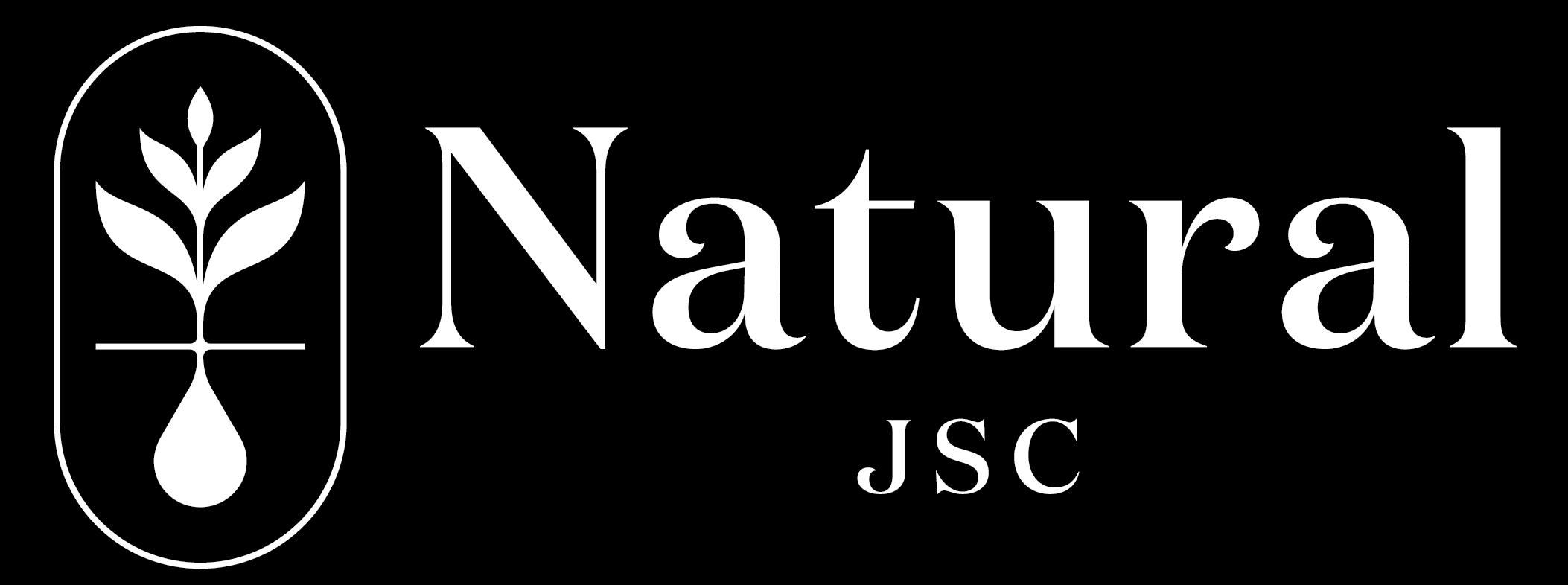Coconuts are a type of tree that we use as a refreshing drink when the weather is hot and also as an ingredient in delicious, traditional Vietnamese dishes. However, few people know that coconuts also play the role of an eco-friendly material that helps create high-quality natural products. Have you ever wondered how coconuts add green to our lives? Let’s find out together.
Coconuts – The versatile plant
In tropical coastal countries like Southeast Asia or South Asia, coconuts are considered an important food crop. Not only used in daily cuisine, coconuts also possess strong economic potential. This stems from the fact that every part of the coconut tree—from the water, flesh, to the oil—has its own unique uses, enabling the creation of diverse products such as cosmetics, construction materials, and more.

This versatility has made coconuts a sought-after food crop worldwide. At the same time, coconut production has gradually come to occupy an increasingly high proportion of the economies of tropical countries. Over time, this versatile crop has also become a symbol closely associated with the cuisine and culture of the tropics.
Coconut waste and recycling efforts
The negative impact of coconut waste
However, the large-scale production of coconuts also brings its own set of challenges, most notably waste. After harvesting everything usable, the coconut shells and husks are often considered waste and discarded. Due to the sheer volume of this waste, it cannot be processed quickly, leading to long-term accumulation.
So, have you ever considered how this accumulated waste affects the ecosystem? During natural decomposition, coconut shells and husks release methane, a major contributor to the greenhouse effect that causes global warming. On the other hand, if burned, they also produce this gas along with CO2, which has a definite impact on human health.
The recycling process
To solve the problem of coconut waste, people have begun researching ways to recycle surplus coconut shells into useful products for everyday life. Surprisingly, recycling coconut shells, although requiring many steps, is not as difficult as you might think. In fact, when compared to the production of products from plastic or fossil fuels, the coconut recycling process is both simple and resource- and labor-efficient.
Research also indicates that coconut-based products are completely harmless to the environment and human health. Perhaps for this reason, coconuts are increasingly being chosen by green businesses for production. Day by day, coconut products are becoming more familiar to global consumers. And now, coconut has taken on the role of an eco-friendly material that is trusted and loved by many people.
The eco-friendly factors of coconuts
So why are coconuts considered an eco-friendly material that is kind to the environment? It is because coconuts meet all of the following factors:
Safer for the environment
The process of growing coconuts does not consume many resources when compared to most other types of trees. Coconuts require only a small amount of water to grow and can easily adapt to tropical climates. This remarkable adaptability allows coconuts to thrive without the use of fertilizers or pesticides. As a result, the negative environmental impacts from these substances are significantly reduced, helping to protect ecosystems.
Maximizing use from inside out
The coconut tree is one of the few food crops where every part is useful, especially since even the coconut shell can be used to create common products. This allows us to maximize the use of available resources. Turning waste into sustainable production materials instead of extracting new resources avoids wasting manpower and limits the large amount of emissions generated during extraction.
Biodegradability
Unlike plastic products that take hundreds or even thousands of years to break down into small plastic pieces, eco-friendly coconut products typically only need a few months to a few years to decompose at the right ambient temperature. And if properly processed, these products decompose into water, CO2, and other beneficial substances for plants and soil.
Reducing the greenhouse effect
By utilizing readily available biological resources, we can significantly reduce the amount of emissions typically released into the environment when extracting new fossil resources or processing these resources. Reducing emissions also means limiting the greenhouse effect, which is currently one of the most pressing issues.
Community economic development

Developing recycled products from coconut shells or other surplus parts of the tree requires a large amount of manpower. Therefore, promoting the production of these eco-friendly products will create new jobs for workers. At the same time, it supports local and community economic development.
Conclusion
With the benefits that coconuts bring to human life and the ecological environment, this eco-friendly material and the eco-friendly products made from it are becoming more popular and loved than ever. If you are looking for a solution for a green lifestyle, don’t hesitate to use eco-friendly products made from coconuts!
